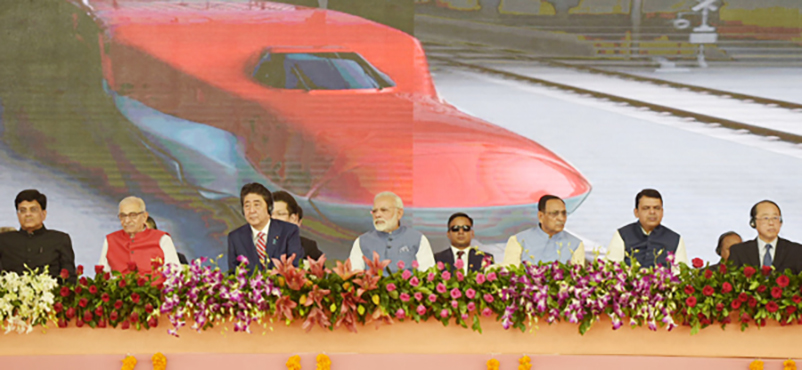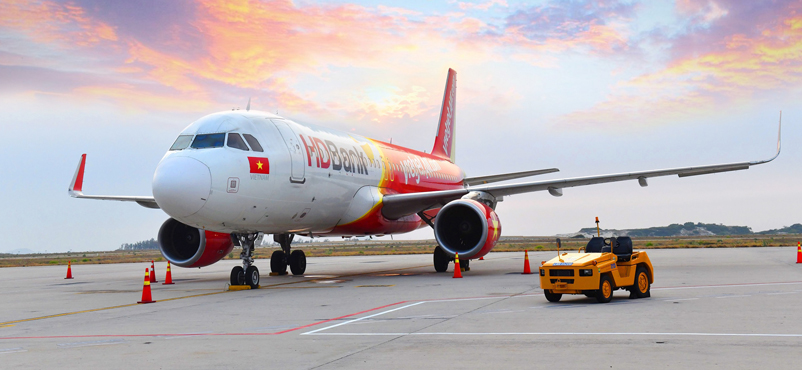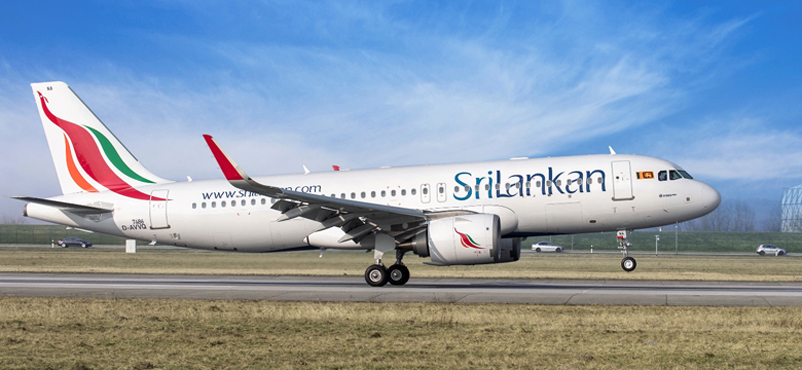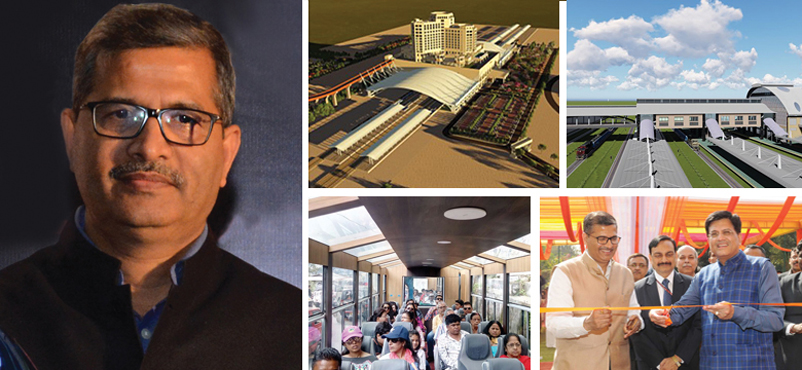A long-awaited and often touted as India’s most audacious infrastructure project – The Bullet Train – is finally off the ground with PM Shinzo Abe’s visit to Ahmedabad. Aside the optics of bonhomie and camaraderie displayed with élan by the two leaders, bilateral agreements inked between the two countries has wide-ranging repercussions on travel and tourism in the country. Let us take stock of the churnings:
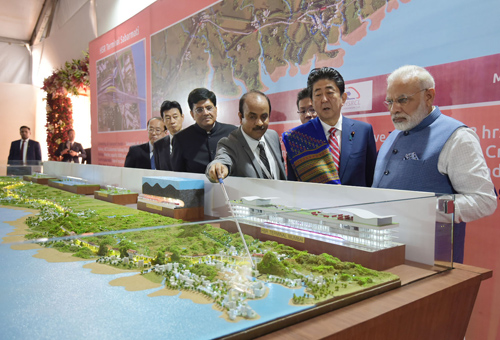
The Union Minister for Railways and Coal, Shri Piyush Goyal is also seen.
The Bullet Train: India is one of the only big countries to not possess the high-speed train technology. Germany, Japan, the USA and neighbour China, and others, have put in place enviable high-speed network – providing seamless and reliable connectivity to the interiors of their countries. With India finally embarking on a similar path, it will join the list of an elite club of countries. The INR 1.10 lakh crore train project is a joint venture between Indian Railways and Shinkansen Technology of Japan. The government of Japan has financed 81% of the project with a soft loan at 0.1% per annum with repayment period of over fifty years.
The train will link Ahmedabad to Mumbai, traversing through Vadodara, Surat, Vapi, Bilimora, and Anand in Gujarat and suburbs like Virar and Thane in Maharashtra. A double-line track of 509 kms. will be laid, most of which will be elevated – a move planned to dodge the time consuming and litigation-prone land acquisition. A 21 kilometres long tunnel, with 7 kilometres under the sea, too, has been mooted. The train will attain top speeds of 320 kilometres/hr, reducing the distance between Ahmedabad and Mumbai to two hours. The project is expected to be wrapped up by the 75th independence day – 15th of August 2022.
Convention Centre in Varanasi: The big-ticket bullet train stole the media limelight and right so. However, the government of Japan will also provide 140 crores (22 million USD) for constructing a state-of-the-art convention centre in PM’s constituency. The convention centre, which will be called “The Kashi-Kyoto Friendship Building” will be able to host small exhibitions and meetings, and provide much needed infrastructure to augment tourist numbers.
Investments and FDI: A number of bilateral agreements are being signed. 15 MoUs is expected to be signed on September 14. Four Japanese MNCs are expected to sign investment proposals worth INR 1 lakh crore each – which is expected to push the total investment numbers to over five lakh crore INR. Japanese FDI inflows is also at an all-time high.
Impact on tourism: Needless to say, the bullet train project will have a huge impact on the tourism landscape of the country. The rail network will create additional employment and arrest migration, de-congesting key cities in the region. Additionally, it will take pressure off the existing rail network and roadways. It also has a charm factor and many tourists are expected to take a ride just for the ‘experience’ of it.
If this project goes off well, it will be followed by six similar high-speed rail projects, connecting Capital Delhi to Mumbai, Kolkata and Chennai, Chandigarh and Nagpur, and Mumbai to Nagpur. While this may be in the distant future, the idea of having a high-speed rail network across key destinations is a thrilling prospect for the travel and tourism industry.
Growing FDI and stronger bilateral corporate relations will fuel travel, lending weight to the MICE segment, benefiting hotels, airlines and other stakeholders. Japanese companies already have a significance presence in the NCR and in down south. It is likely to grow further. Grapevine also suggests that both countries have agreed on stronger air-connectivity and may forge a more liberal open skies agreement. In totality, these developments will have positive implications on travel and tourism in the country.

